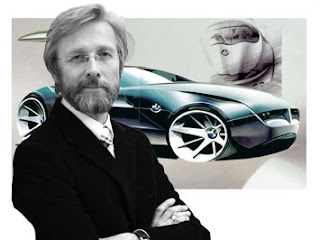“Joy of work”…What this quote means? Why should we need this? what we have to do to gain this? How its effect our daily work?
Before Industrial revolution history in Arts and Crafts movement, human creativity and machine-made goods (production) were being separated. William Morris and John Ruskin thought that by emphasizing the process and combine the expertise of craftman and thinker are most important to be success in art & craft.As an Industrial Designer, I agree with this. For a creative designer, don’t let the rules & procedure being an obstacle in the process of producing a creative product. Its very important for an Industrial Designer to know about the process production deeply as they will meet our needs and wants by make some changes in process production. This is because we create the machine and we can manipulate the capability of the machine to achieve our design target. Like what Chris Bangle did for BMW design group. Designer lead and challenge the production technology. So as Jonathan Ive as he always thinks to be out of the box when facing his creation or design to produce.
Chris Bangle
Jonathan Ive
For individual to have the ‘joy of work”, they have to take any task given and turn it to positive thinking instead of negative. We have to use our creativity to create our “joy of work” in any situation and environment. Lets challenge our self to had “joy of work”.


